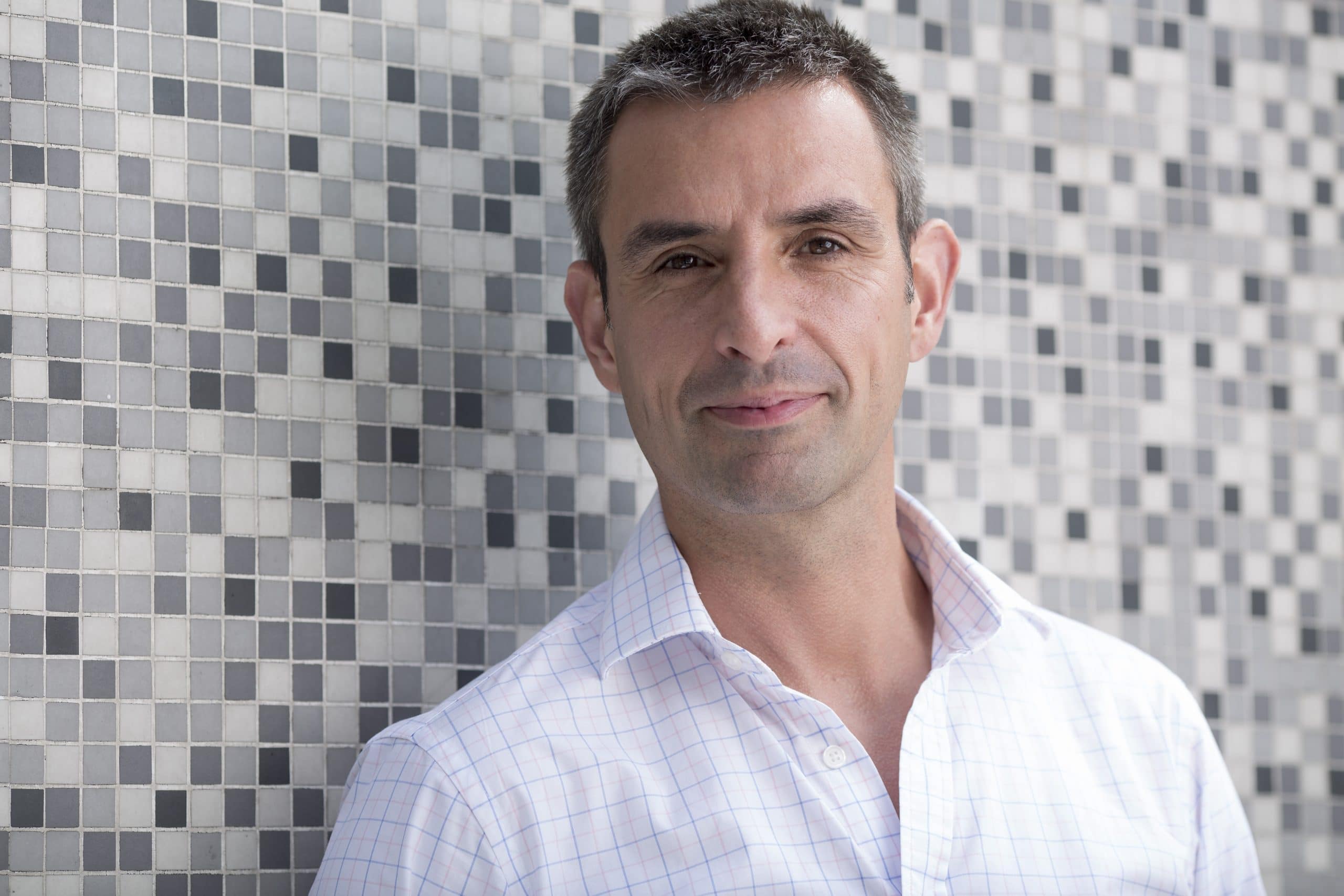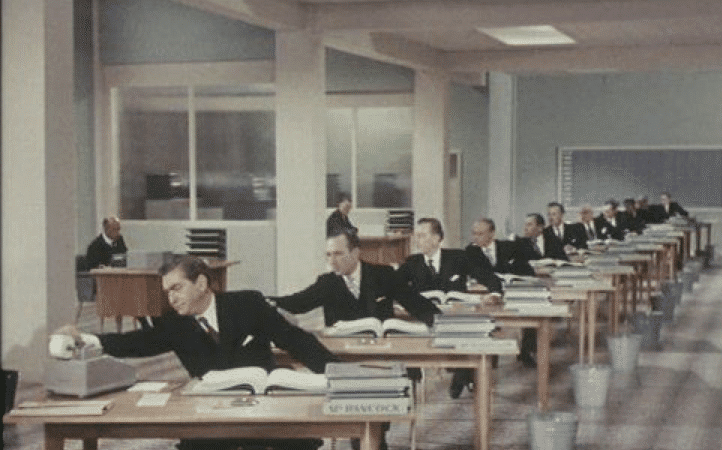Why workplaces should support men to express themselves
Mental Health
Simon Blake, Chief Executive of Mental Health First Aid (MHFA) England, writes about what cultural and structural changes need to occur in workplaces to better support men.
‘Man up’, ‘boys don’t cry’ and ‘nice guys finish last’ are just some of the unhelpful and damaging messages that almost all boys will hear early on in their lives. The messages come from all directions, and these reinforcing and pernicious messages continue through adolescence and into adulthood. Is it any wonder so many of us men are unable to open up about our feelings and mental health?
We are at the beginning of an exciting, major cultural shift in how we think about mental health, self-care and mental illness as a country. And we need to be thinking about the impact of gender, gender expectations and gender identity every step of the way if we are going to make the ambitious changes we hope to.
Let’s be really clear: right now, there is a crisis in men’s mental health and wellbeing. Too many men still find it difficult to speak openly about their feelings, worries, and mental health struggles.
Research has shown that this feeling is often most prevalent in the workplace, with 40% of men reporting they would prefer to hide any such issues from senior management, owing to the fear of being told to ‘man up’ and/or their career being negatively impacted. A Men’s Health Forum survey showed that while most men would take time off work for an injury or a common illness such as the flu, far fewer would take time off for a mental health issue. Research also suggests that men who feel as though they are unable to speak openly about emotions may be less able to recognise symptoms of mental health problems in themselves, and are therefore less likely to ask for support.
Why do men find it hard to express their emotions?
Mental ill health can still be a source of embarrassment and shame for everyone, irrespective of their gender identity. However, men are more likely to avoid seeking help until they have reached crisis point. On the second episode of Mental Health First Aid (MHFA) England’s new podcast ‘Just About Coping’, I spoke to Alexander Leon, an LGBT+ and mental health campaigner. We explored the impact of gendered expectations and discussed just how early those expectations are set out.
Sadly, the narrative still exists that real men are strong and invulnerable. The pernicious impact of a culture that expects us to ‘man up’ can prevent men from speaking up and seeking help. This is perhaps most stark when you look at the facts about men and suicide. Suicide is the biggest killer of men under the age of 45. Being able to use your thoughts and feelings together to drive positive behaviours is what makes us human.
But if everything about the way we grow up teaches us to ignore or suppress certain feelings and demand behaviours we cannot live up to, men can be left ill equipped with the emotional confidence and resources to manage tough and upsetting life experiences.
How can we support each other?
At MHFA England we want to shape a national culture that has at its core an unshakable belief that everyone can speak openly about their mental health and wellbeing, whatever their gender identity.
This is important for men in the workplace, as research by mental health charity Mind shows that one in three men (32%) attributed their mental health problems to work, compared to one in five women (19%). We must act to tackle this issue.
What does an effective support system look like in the workplace?
There is no one size fits all and all workplaces should have an overall approach to workplace wellbeing that ensures everyone can access help and support.
One route that is being adopted by organisations up and down the country is the implementation of Mental Health First Aid England training in the workplace. Mental Health First Aiders (MHFAiders) are a first point of contact for anyone experiencing a mental health issue or emotional distress and can signpost people to the appropriate services. The important thing is to find someone we trust to provide non-judgemental support and help us to access further help. For example, many line managers have been trained in mental health first aid skills.
Having members of the team who can spot potential signs of mental ill health and can support staff with their wellbeing (for example by reviewing workloads, creating an open and supportive team ethos, and providing opportunities to talk in confidence), is incredibly valuable. If you are experiencing mental health issues, you should book an appointment with your GP as a first port of call, but free support is also available through helplines such as SANEline. In a crisis, you can call NHS emergency services anytime on 999 or the Samaritans on 116 123.
If you think there is more your employer could be doing to train the workforce in better understanding mental health or Mental Health First Aid, you can direct them to www.mhfaengland.org.
Start talking
If talking isn’t something that comes easy to you or colleagues, take a deep breath and take a moment to think about the language you might use to start a conversation. Once one person starts talking about mental health and wellbeing, my experience is that lots of people want to talk. We all have mental health just as we have physical health and talking helps to reduce the stigma.
It might be as simple as asking ‘how are you’ and taking the time to listen to your colleague’s response when you’re both grabbing a coffee in the kitchen. If you are worried about a colleague, you could ask them to have lunch with you outside of the workplace. There are plenty of easy ways to start a conversation about wellbeing. Take a look at MHFA England’s Take 10 Together tips for some more advice.
Get active outside the workplace
Sometimes it is easier to have discussions about stress outside of the workplace. There is an approach called the “shoulder-to-shoulder principle”. The idea is that talking comes easier when you are doing something else – cycling, walking, watching TV etc.
While we are starting to see a cultural shift around mental health and gender expectations, there is still a long road to travel. If we are going to shift the dial it will require all of us to think about gender, wellbeing and mental health, and we will all need to become more comfortable talking about our emotions and feelings.
Most importantly, we need to shift to a culture where asking for help is a sign of strength, regardless of your gender identity.
Simon Blake OBE is the Chief Executive of Mental Health First Aid (MHFA) England which offers expert workplace guidance and training to support people’s mental health – giving people the tools to better support themselves and each other. Please visit https://mhfaengland.org/ to find out more.

Trending

Join The Book of Man
Sign up to our daily newsletters to join the frontline of the revolution in masculinity.


















